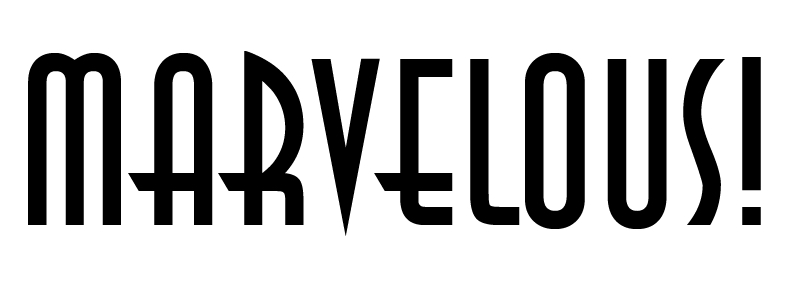By Corinne Hiser | Photographed by Deb Peterson

Laura Chandler of Buffalo City knew something was not right. In fact, for three years she was aware that “something” was wrong. Her mammograms and ultrasound were normal.
In January 2009, she scheduled an appointment in Fayetteville with The Breast Center. An exam was followed by an MRI, which in her words “lit up like a Christmas tree.”
Surgery revealed lobular breast cancer, stage 4. Laura was introduced to Susan Earnest, RN, who accompanied her to appointments with the surgeon and the oncologist, took notes, translated medical terminology, and called Laura at home to check on her.
“There was a calmness and assuredness when she was with me,” Laura says. “She was always uplifting, like an angel had stepped down.”
The services Susan provided were invaluable to Laura, and though Susan was a stranger at first, she became someone Laura “adored, respected, and will be forever grateful for.
“There are no words to describe how fabulous she was,” Laura says.
The idea of health care navigators was the 1990 brainchild of Dr. Harold P. Freeman, a surgical oncologist with Harlem Hospital in New York. Frustrated with the high numbers of women he saw with late-stage breast cancer, he looked into the matter and found that many women had trouble finding child care or transportation, or had a language barrier. He pioneered the concept of the patient care navigator to assist patients in navigating the system. The purpose was to eliminate barriers to cancer screening, diagnosis, treatment, and supportive care.
Breast care navigators are usually nurses whose role is to be a constant for the patient through the disparate elements of their treatment plan. Nurse navigators act as nurse, social worker, counselor and cheerleader all rolled into one very coordinated function.
The patient navigator model has been expanded to include the timely movement of an individual across the entire health care continuum—prevention, detection, diagnosis, treatment, and supportive end-of-life care.
The services of a health care navigator are provided at no charge to the patient. Most of these positions are funded by private foundations such as Susan G. Komen or by individual medical facilities.
Enola Bunting, RN, currently serves as the breast care navigator for Washington Regional Medical Center in Fayetteville and has a wealth of information regarding this fascinating role. For more information about health care navigators, search the Internet for “health care navigator” and “breast care navigator,” and visit theses sites:
- www.cancer.org/Cancer/news/Features/navigating-difficultwaters-the-history-of-the-patient-navigators
- www.youtube.com/watch?v=tJdcnDb74Fs
- www.youtube.com/watch?v=ed6CRcyyxvs
M! August/September 2012

Leave a Reply